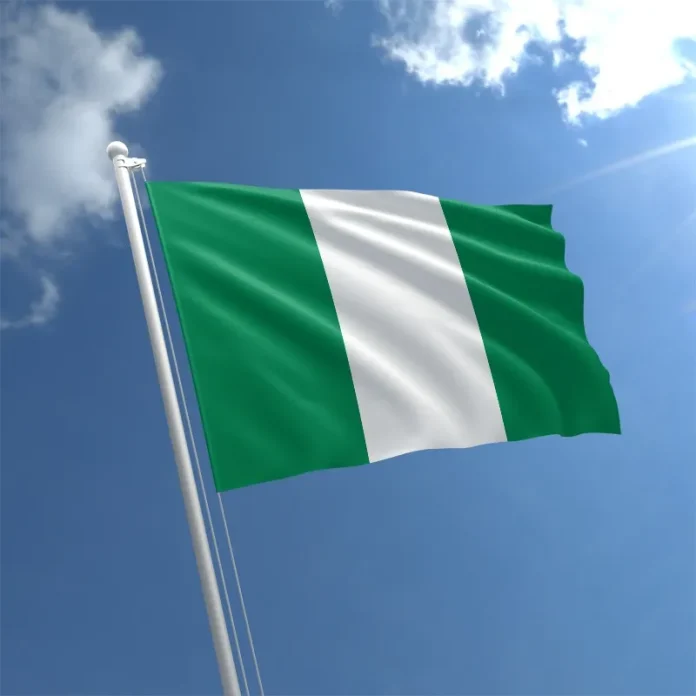Continued from last Friday’s edition
BY MICHAEL OWHOKO
A unitary system in a plural society like Nigeria encourages high-stakes investments in politics induced by unhealthy ethnic and regional competition among politicians to grab power at the centre or federal level, and in turn, use it to control and distribute resources and appointments for ethnic and regional advantage. Such an unwholesome quest for power has no place in federalism, where power is decentralised to federating units.
Under the unitary system, states and local governments are appendages and dependents of the federal government. They rely on monthly revenue allocation from the federal government for survival, which encourages laziness and docility with weak creative capacities for revenue generation. This promotes subservient corporatism and inefficiency.
Besides, system contradictions inherent in the unitary system put a wide gap between the people and the central government, and this makes it difficult to hold leaders at the federal level accountable, particularly over breaches in governance ethics. But a regionalized or decentralised system will bring people closer to power, and leaders can be held accountable for their actions and actions.
Nigeria’s stunted growth as reflected in the country’s continued decline in general indices, including the misery index, is a direct consequence of the centralised system, which has caged destinies, and by extension, capacities of the federating nations to develop independently. Therefore, political leaders must be courageous enough to think beyond personal interests and deep-rooted prejudices to support a system that will give the federating units the freedom to drive and manage their aspirations.
After all, a pluralistic country like India with diverse cultural differences can co-exist in peace because of a suitable system of government – Cooperative Federalism. Besides, Scotland, Wales, England, and Northern Ireland which make up the United Kingdom, separately pursue their dreams and even compete for laurels at the Olympics and World Cup, while maintaining their status as members of the United Kingdom. Why can’t Nigeria be unbundled and recreated to make it work, so that federating regions can achieve their goals within the context of their distinct cultural aspirations?
The current Nigerian system is a catalyst for division, unable to foster unity, a necessity required to drive the country in that one direction. The four attributes of Unity, Faith, Peace, and Progress as contained in the country’s coat of arms, have failed to inspire confidence and loyalty, as they barely exist in the minds of Nigerians.
In the absence of impaired vision, those opposed to a change in status quo (unitary system) are doing so because of entrenched interests arising from benefits their regions or ethnic groups derive from the subsisting configuration. Nigeria’s political structure as encapsulated in the 1999 Constitution (as amended) cannot deliver on the country’s dream of prosperity, other than unending insecurity, ethnic rivalry, strife, nepotism, poverty, stunted development, and corruption, which sadly, have become part of Nigeria’s trade mark and identity.
Therefore, until the country is unbundled and reconstructed, using a new constitution that devolves powers to regions, which allows them to run independently within the context of their separate cultural and economic aspirations, Nigeria risks dismemberment.
Concluded


